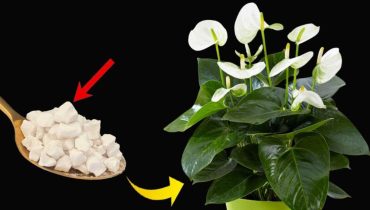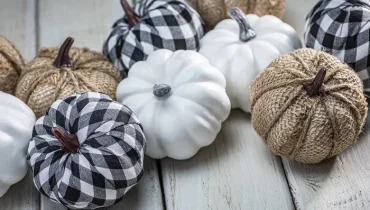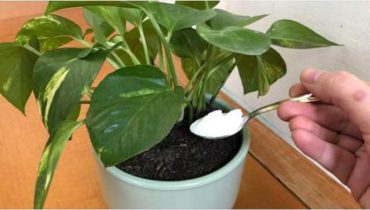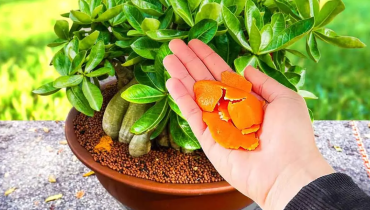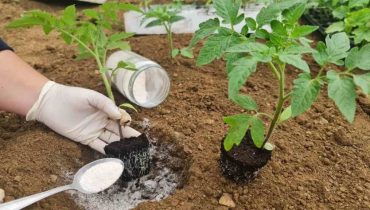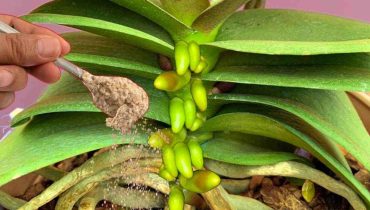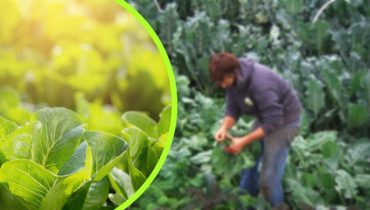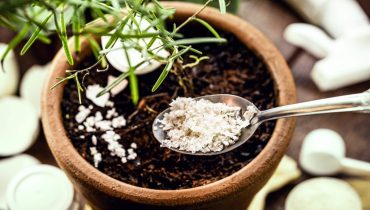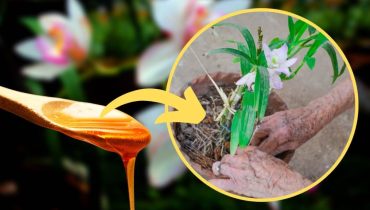Grow a Strong and Healthy Cyclamen at Home : Essential tips
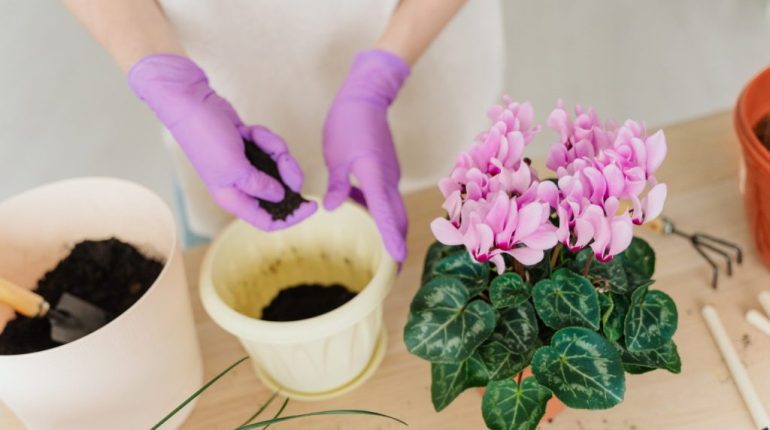
Posted October 18, 2023 by: Admin
As all plant and flower enthusiasts know, even the autumn season can offer us beautiful flowers. That’s precisely why we’re going to explore together how to grow cyclamen at home.
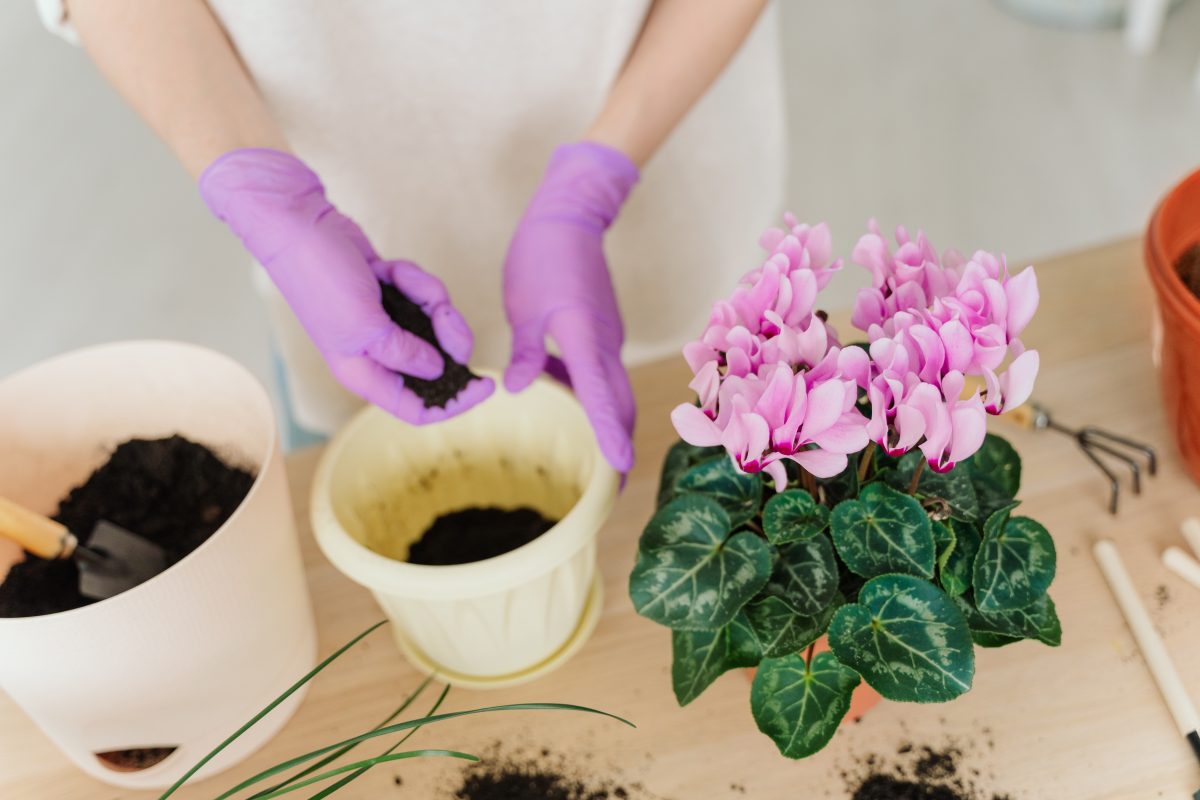
Cultivating Cyclamen at Home and Watching It Thrive
With a few simple tips, it is possible to grow cyclamen at home in a healthy and robust manner. Growing this plant in your apartment will be a breeze. However, the secret ingredient always remains great care and deep love for plants.
Origins of Cyclamen
Cyclamen is mainly native to the Mediterranean basin, primarily found in North Africa, Western Asia, and Southern Europe. Its name has Greek origins, probably deriving from the word “circle” due to its round, tuberous roots.
Tips for Cyclamen Care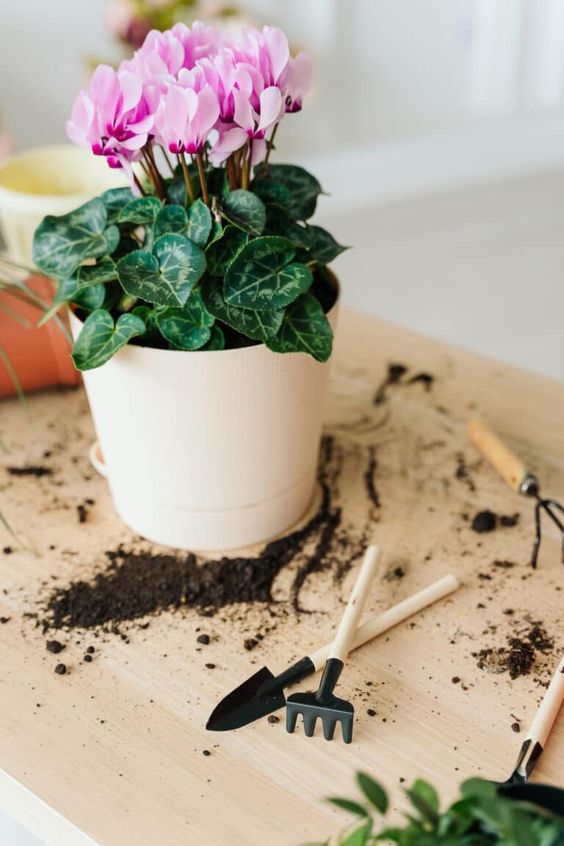
Being a plant of autumn, cyclamen thrives at low temperatures, ideally between 10 and 15 degrees Celsius. Taking care of this plant at home is not a problem, but it is essential to keep it in a suitable environment.
To maintain its health and vigor, fertilize it three times a week with a potassium and phosphorus-rich fertilizer. Be sure not to overwater or neglect it too much. Ideally, soak the plant in a container of water for 30 minutes or water it by pouring water directly on top.
The soil should be a mixture of earth and peat, slightly acidic. To prevent diseases, monitor the color of the leaves. Spots or a change in color indicate a need for care. Avoid mold by adding extra bark to the soil and avoiding water accumulation.




